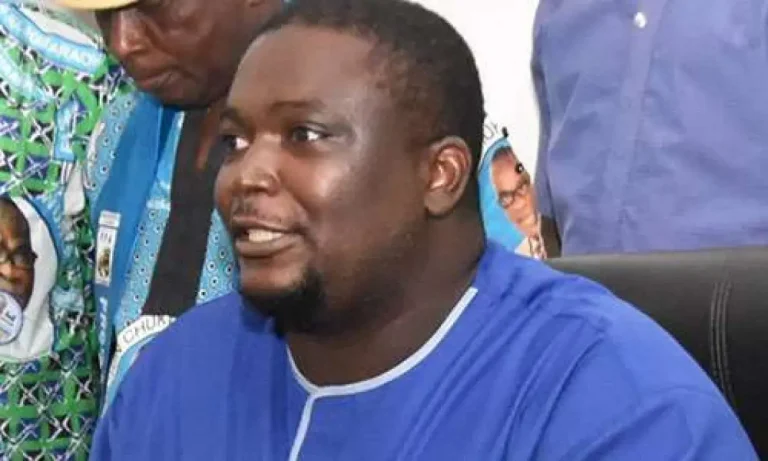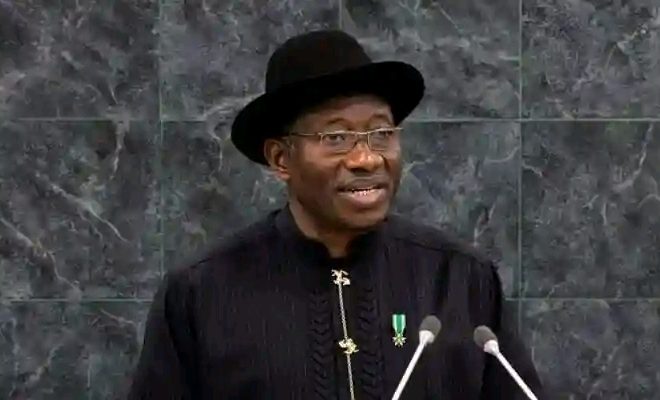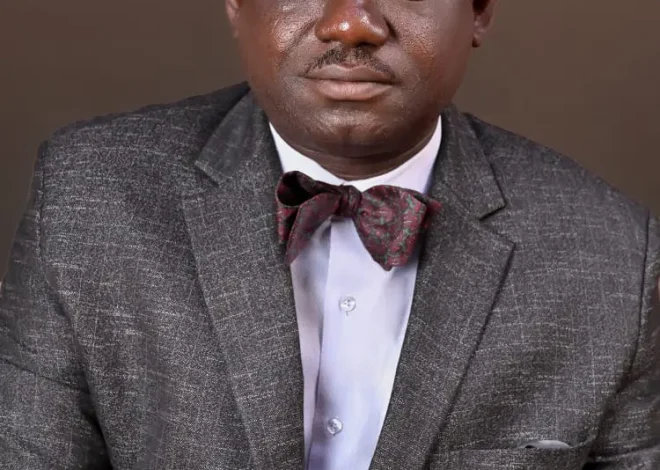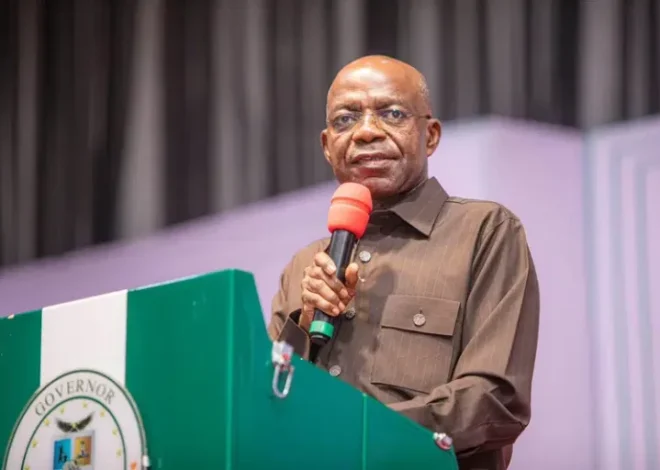
Nigerian Government’s Clampdown On Journalist, Undermining Democracy- Peter Umeh.
Former presidential candidate and erstwhile national chairman of Inter-Party Advisory Council, IPAC, Chief Peter Ameh, has called for the immediate release of all prisoners of conscience being held by the government.
Ameh, in a statement made available to the media on Monday, said it was alarming to hear about the arrest and detention of protesters and journalists in Nigeria.
He said that such an action was a threat to democratic principles and fundamental human rights, including freedom of speech and assembly.
The following journalists have been arrested or have faced harassment: Bristol Isaac (PIDOMNIGERIA) who is currently still in detention, Daniel Ojukwu, Fisayo Soyinbo, David Hundeyin, Adejuwon Soyinka who was picked up at the Airport on Sunday and later released with his international passport seized, and others.
“These arrests are not isolated incidents but part of a broader pattern of repression, all these arrests while bandits and kidnappers are having a field day,” Ameh said.
“In a democratic society, citizens should be able to express their opinions and participate in peaceful protests without fear of intimidation or arrest.
“Similarly, journalists play a crucial role in holding those in power accountable and should be able to report on events without harassment or detention.
“Clamping down on journalists and political dissent can have serious negative consequences for democracy in Nigeria.
“The following reasons enumerated in my statement below are some of the negative consequences of actions taken by the government to suppress the rights of citizens.
“Bola Ahmed Tinubu’s action so far undermines freedom of speech: Silencing journalists and dissenting voices restricts the free exchange of ideas, a fundamental tenet of democracy in order to limit accountability:
“Journalists play a crucial role in holding those in power accountable. When they’re suppressed, corruption and abuse of power can flourish and such acts threaten transparency. Journalists help shed light on important issues. Without them, citizens may be left in the dark about crucial matters affecting their lives.
“This administration encourages self-censorship: When journalists face repercussions, others may self-censor, further limiting the free flow of information.
“Crackdowns on journalists and dissent can damage public trust in institutions and it will also erode trust, leading to widespread disillusionment which could foster polarization: Suppressing diverse viewpoints can create an ‘us versus them’ mentality, deepening societal divisions.
“Clampdown on journalists hinders informed decision-making: Citizens rely on accurate information to make informed decisions. Without it, they may make choices based on misinformation or propaganda.
“Such decisions of the government set a dangerous precedent: Allowing the suppression of journalists and dissent can normalize authoritarian behavior, threatening the very foundations of democracy.
“We should not tolerate the continuous arrests and imprisonment on trumped-up charges, denying them due process and transparency.
“In recent years in Nigeria, especially under this current administration, journalists have faced various forms of oppression, including harassment, arrests, and even murder.
“The government has also used legal and economic means to restrict press freedom. These consequences underscore the importance of protecting journalists and press freedom, particularly in Nigeria where journalists have played a significant role in promoting democracy, despite facing challenges like censorship, harassment, and violence. Their work remains essential to deepening democratic values and practices in the country.”



